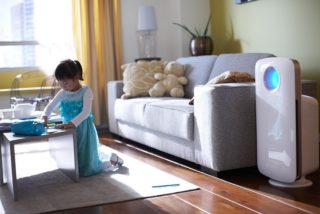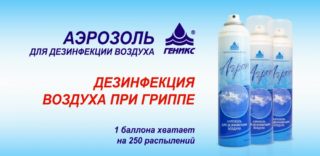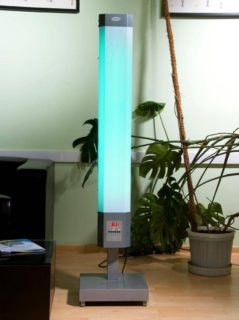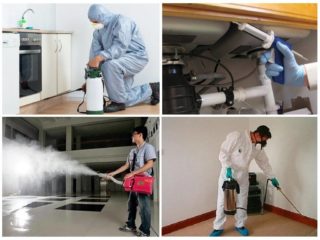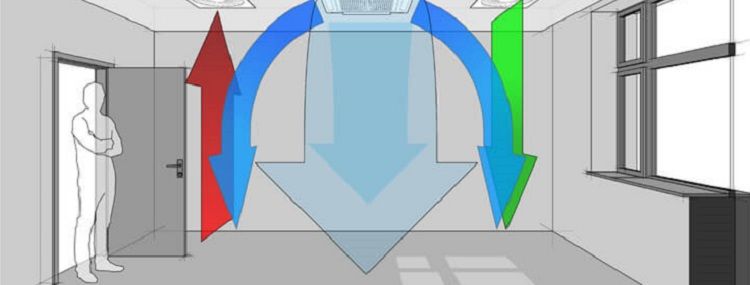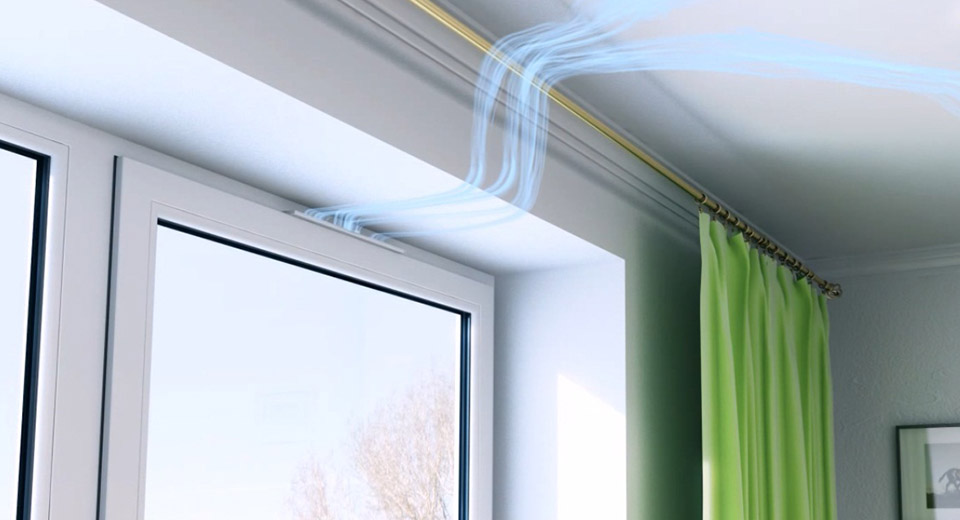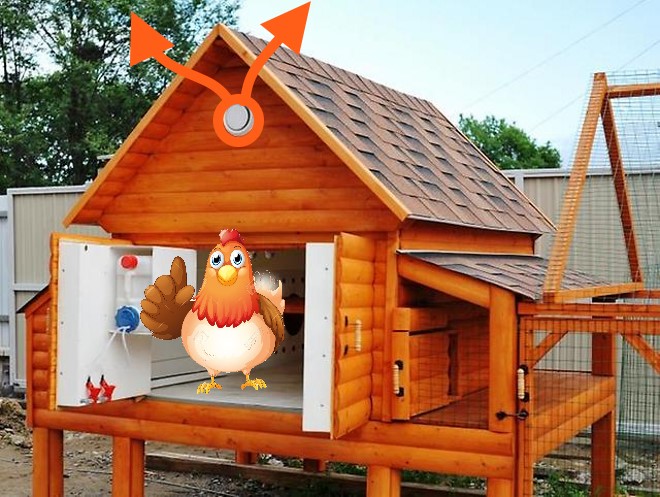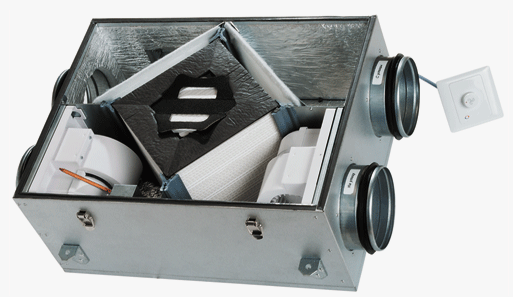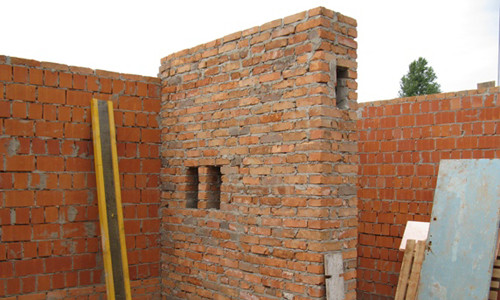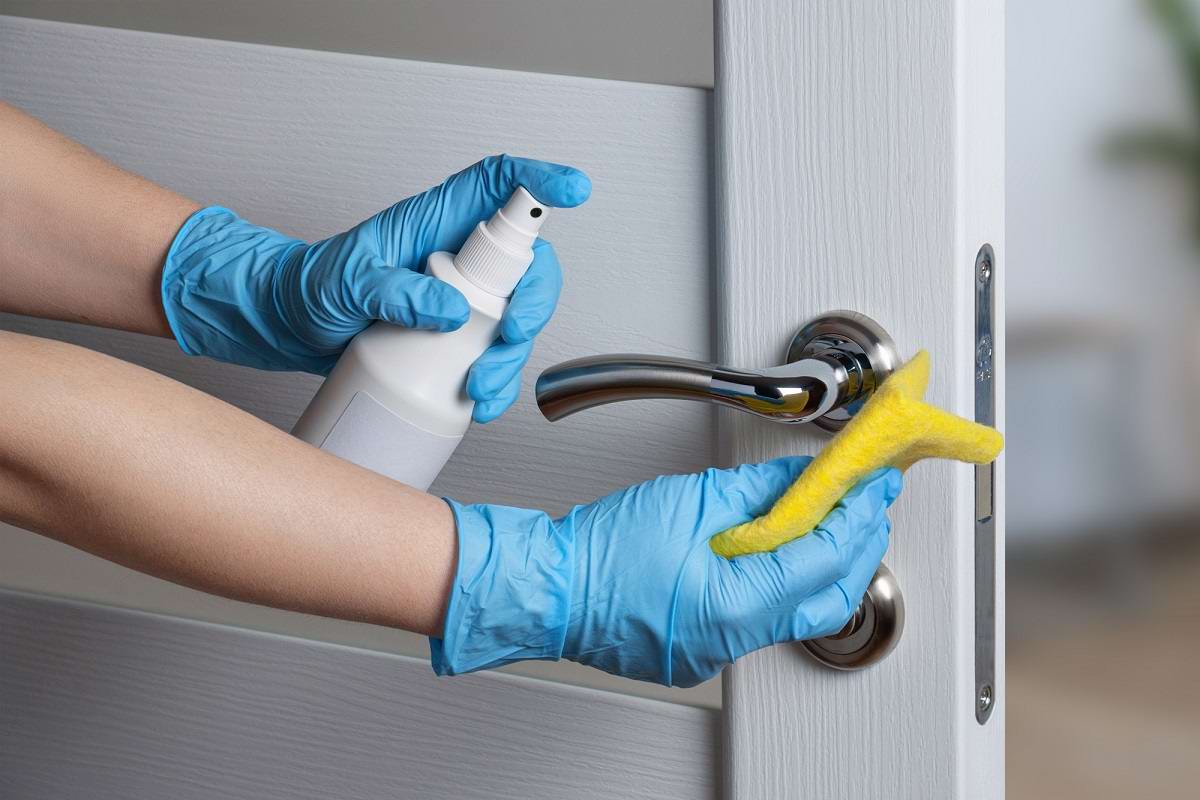In order to minimize the risks of the spread of harmful bacteria and reduce the likelihood of viral and infectious diseases, it is necessary to regularly disinfect apartments and houses. A correctly performed procedure contributes not only to the death of harmful microorganisms, but also improves the microclimate in the room as a whole.
Air disinfection methods
Chemical
In household chemical stores, you can buy disinfectants in a liquid state, in the form of a gel, foam, mousse, powder or granules. The most famous chemical agents for disinfecting premises are whiteness, Dezaktin, Sanita, Shine, Surzha, Dichlor, Protein and lime.
The procedure for using chemical methods for treating an apartment and a house:
- They put gloves on their hands, and a gauze bandage on their face. Special goggles can be used to protect your eyes. Clothing should fit the body over its entire surface to prevent contact with the skin of caustic droplets.
- In a bucket or in a basin, dilute the chemical agent with warm water in the required proportion and mix well.
- The floors, corners, baseboards are washed several times with a doormat and thoroughly washed. The same tool can disinfect window sills, window frames, door handles, tiles, toilet and other accessible surfaces.
- After the procedure, the room is well ventilated to let the harmful substances evaporate.
- Surfaces disinfected with chemicals are washed again with warm clean water.
UV or quartz lamp and recirculator
When the quartz lamp is on, there should be no people, animals, aquarium fish and houseplants in the room. Sofas, cabinets and other furniture should be covered with a thick blanket during disinfection. After the end of the procedure, the room to be treated with radiation should be thoroughly ventilated.
A recirculator, unlike an ultraviolet lamp, disinfects only the air that enters its closed casing. That is why radiation does not spread throughout the room, and it is quite safe for people to be in a room with the device turned on. After the end of the disinfection procedure, there is no need to ventilate the apartment. However, do not leave the recirculator on for a long time.It is enough for disinfection to turn it on for several hours a day during the spread of viruses and bacteria, and several times a week - during a period safe from infections (summer and winter).
Salt lamp
The device looks like a lamp made from a single piece of natural mineral. Ionization occurs due to the filling of the air with negative ions released from the rock salt that covers the lamp. Continuous operation of the device normalizes the microclimate in the apartment by purifying the air from harmful pathogenic microorganisms.
When choosing a salt lamp, you need to focus on its weight. In premises with a large area, massive appliances should be purchased. It should be borne in mind that for every 10 sq. M. space must be used at least 1 kg. salt massif.
It is better to place the salt lamp near the bed in order to provide a continuous flow of air with the ionizing composition. The device can be left on around the clock, but in the absence of people in the room, for safety reasons, it is better to remove it from the socket.
Ineffective ways to disinfect the air in the apartment
Folk remedies
The same effect is obtained from the use of other folk remedies, for example, when treating surfaces, walls and window sills with an aqueous solution with the addition of laundry soap, soda, ammonia. In the summer or winter season, such disinfection is fully justified, but in the cold season, one cannot count on the destruction of viruses and bacteria by such methods.
Air humidifiers
The main task assigned to this device is to humidify dry indoor air. Despite the fact that the instructions for use also indicate a disinfecting effect, in fact disinfection is ineffective.
In humidifiers, clean water must be constantly used, which is placed in a special working case, otherwise there will be no benefit at all. And it is not so easy to fulfill this condition. Contamination of the poured liquid occurs almost hourly.
Essential oils
Many sources mention the essential oils of tea tree, fir, pine needles, eucalyptus and lemon as air disinfectants. It is these oil esters that have the strongest antiseptic effect. But their use for the purpose of air disinfection from harmful microorganisms does not have a long-term positive result.
The fact is that oils tend to quickly evaporate in space. To disinfect an entire apartment, even a small area, will require a very large amount of ether. Modern oil formulations volatilize and do not have long lasting effects. In order to somehow prolong the disinfecting effect, essential oils are placed in special lamps, which evenly release the necessary portion of the aroma around the apartment. But such a procedure is not cheap, and besides, people may experience an allergic reaction with frequent inhalation of antiseptic aromas.
You can disinfect the air in a private house or in an apartment in various ways. But the most effective are those that have a long-lasting effect (ultraviolet devices, chemicals and salt lamps). Simple washing of floors, albeit with the addition of various non-chemical agents, helps to get rid of viruses and bacteria in the air only for a short time.

